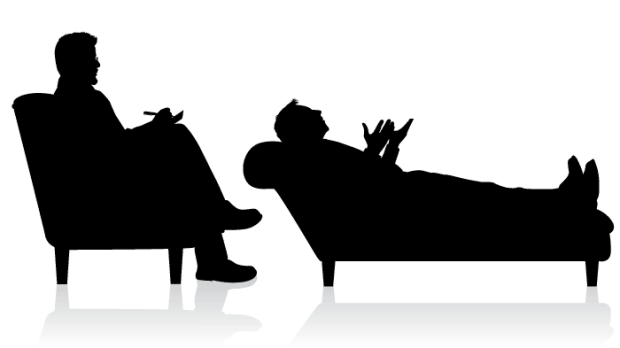Treatment preferences among men attending outpatient psychiatric services
Authors: Sierra Hernandez CA1, Oliffe JL, Joyce AS, Söchting I, Ogrodniczuk JS.
Gender differences are particularly interesting when it comes to mental health. A lot of research suggests women are more likely to suffer from psychiatric disorders than men, particularly depression, anxiety, and insomnia. Many factors, like social inequality and a higher incidence of sexual abuse in women, contribute to this gender disparity in mental health. But the issue becomes more complex when we add to it that men are more likely to suffer from untreated (and unreported) mental disorders. Men also die by suicide at higher rates than women, though women make more attempts.
The popular notion that men dislike talking about their feelings, or more specifically, that they dislike psychotherapy, was challenged by a 2014 study. Help-seeking men indicated a clear preference for psychotherapy over medication or no treatment/wait and see, and this preference pattern did not differ significantly from that of women. The study found 70% of men indicated a preference for psychotherapy, while only 27% preferred medication. Many of the men reported concerns about drug dependency and side effects.The only significant gender difference the study found was in men’s strong preference for individual therapy over group therapy. Research has shown that men benefit from talk therapy just as much, if not more, than women.

